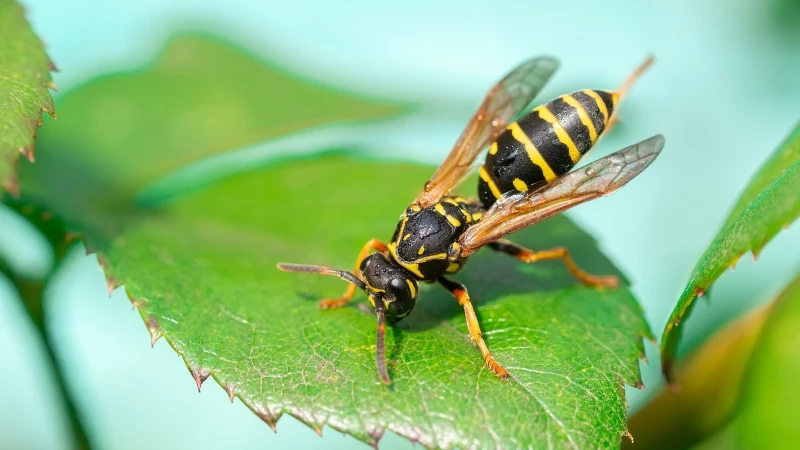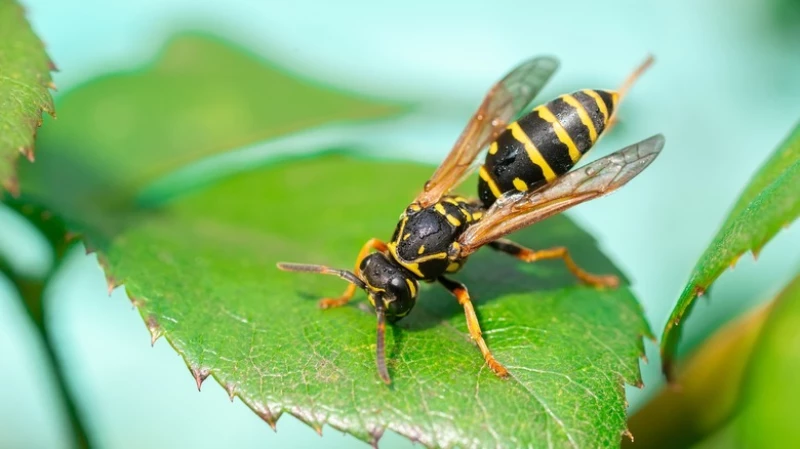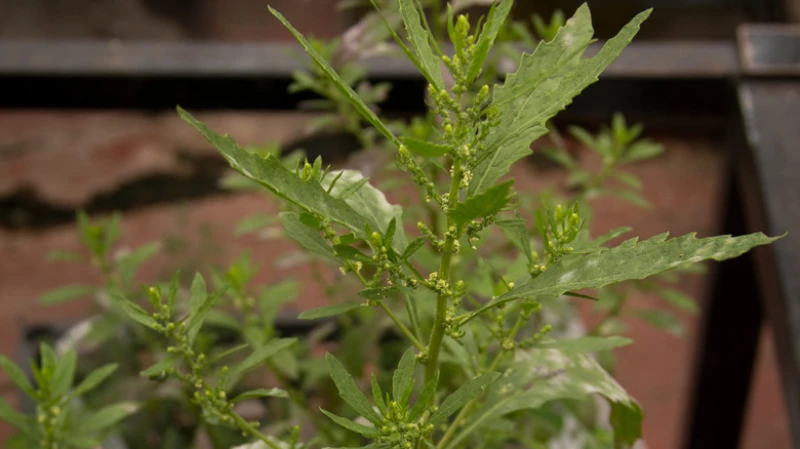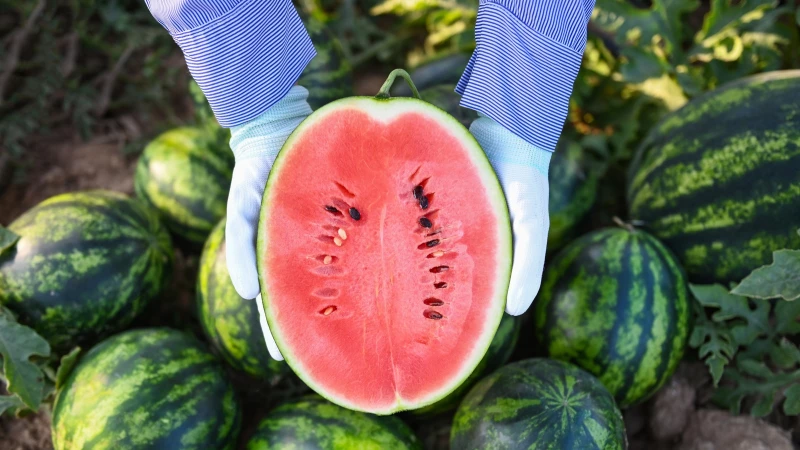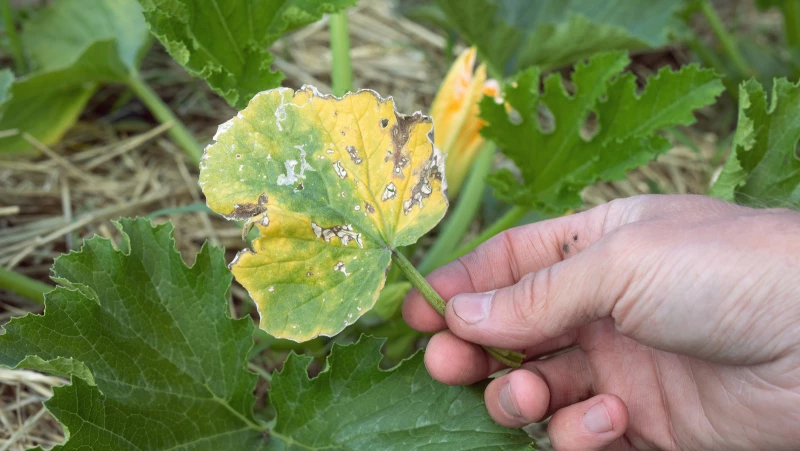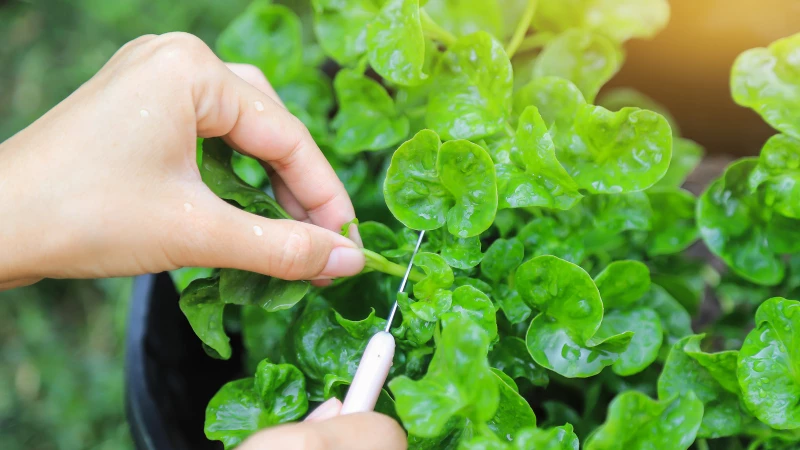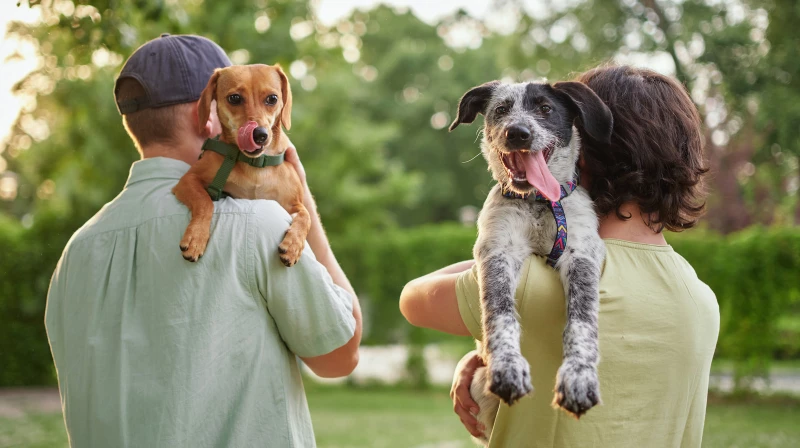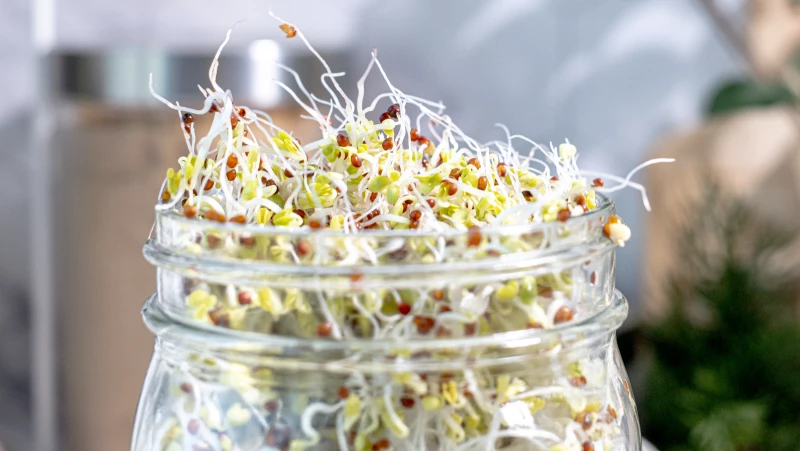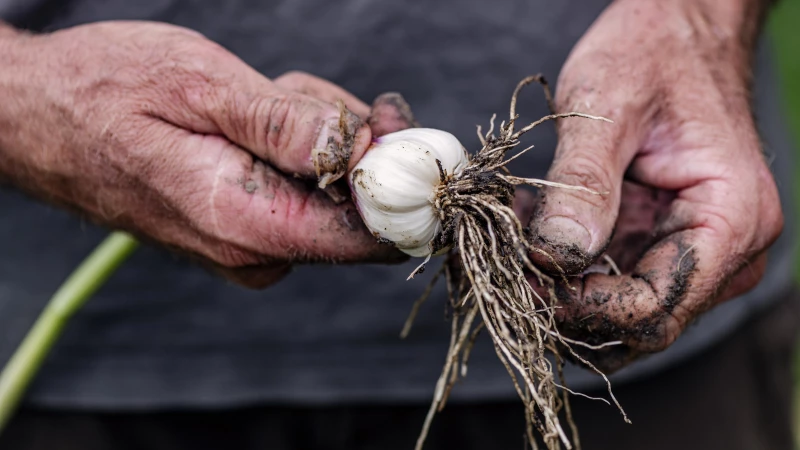Discovering a wasp problem in your backyard can be a nightmare. Unlike bees, wasps are territorial and aggressive, ready to sting at any moment. They can attack if they feel their territory is threatened and can sting repeatedly to defend it. To make matters worse, their stings release pheromones that signal other wasps to join the attack, potentially leading to a swarm. Given these risks, most people want to keep wasps away. If you're one of them, you may want to reconsider the plants in your garden. Some plants, like epazote, attract wasps due to their scent.
Why does epazote attract wasps
If you don't want wasps in your garden, epazote might not be the best herb to plant. It produces small, greenish flowers, and these blooms attract wasps. The scent of these flowers is so strong that it can overpower and hide the smell of surrounding blooms. Wasps are attracted to it because it's so pungent. Since it's like a beacon to them, some people choose to plant epazote in their yard as a way to control their garden pest population. Wasps hunt other insects as sustenance, making them natural pest controllers. Because of this, if you have an aphid, caterpillar, or beetle problem, they will help keep the population at bay. But if you don't have issues with pests, you might want to think twice before planting this herb.
How to cultivate epazote without attracting wasps
Instead of dealing with an infestation and brainstorming ways to get rid of wasps, you can take steps to make epazote less of a pest magnet. The first workaround is to plant it outside the high-traffic areas of your garden. Avoid growing it near your patio, kids' play sets, vegetable garden, or flower beds. Instead, plant it in a corner of your yard you don't generally frequent. This will make the wasps less of a nuisance and danger since they won't be buzzing around areas you like to occupy.
If you would prefer to avoid attracting wasps altogether, then your best option would be to grow it in a container indoors. Since these herbs grow fairly tall — up to 3 or 4 feet when fully matured — you want to choose a medium-sized container to give it enough room to grow. It enjoys being in full sun when planted outside, so ensure you put the planter on your sunniest windowsill, preferably in a south-facing window since it receives the most sunlight and heat. This is important since both elements help make the herb more flavorful.

